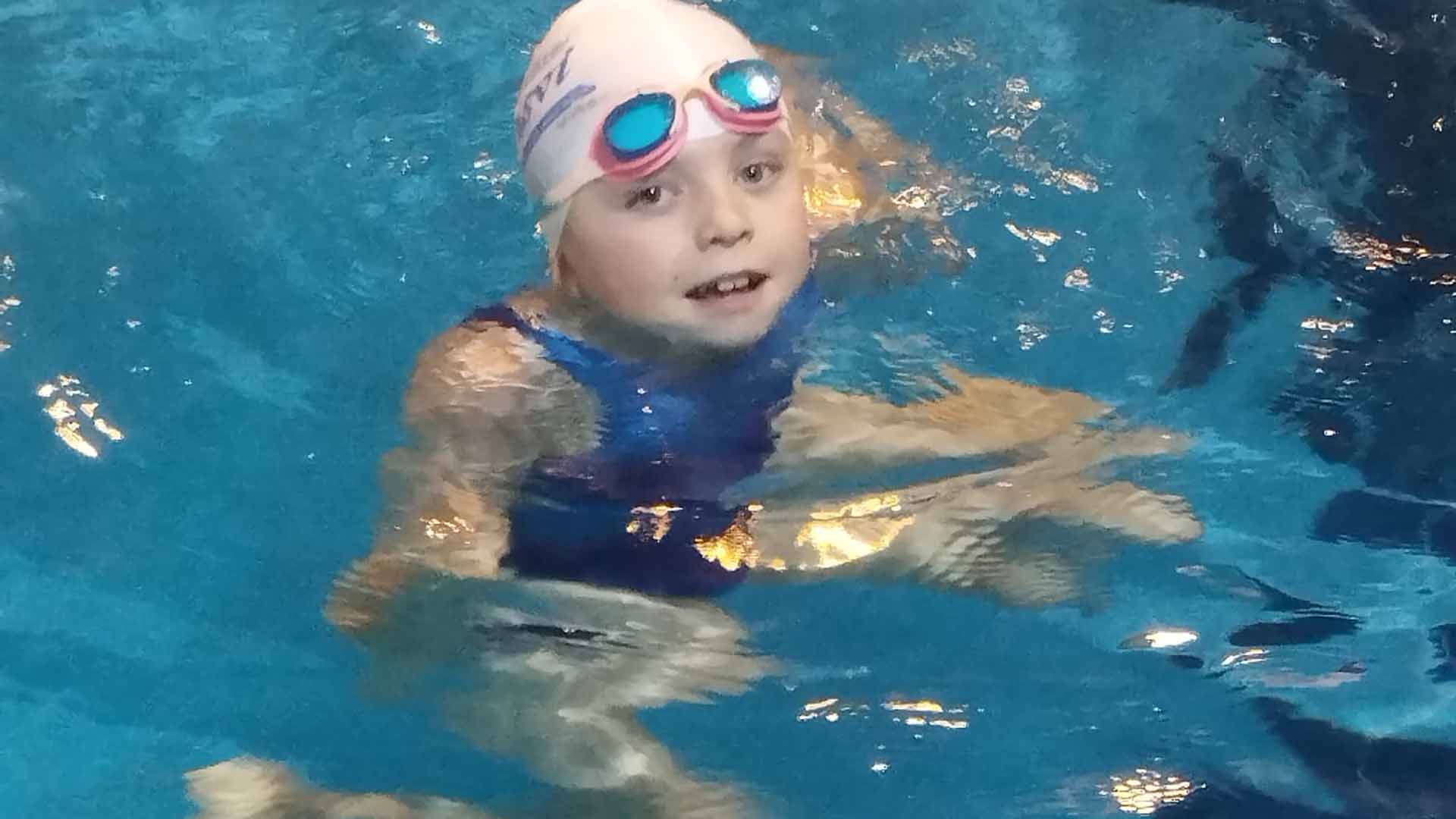Motor development in infancy is essential for children to acquire essential skills such as coordination, balance and manual dexterity. However, factors such as a sedentary lifestyle, lack of adequate stimulation or even certain medical conditions can affect this process. In this article, we explore what factors influence its development, why it is key in the early years and what activities can effectively boost it.
DIFFICULTIES IN MOTOR DEVELOPMENT CAN AFFECT A CHILD'S FUTURE
Many parents and educators are concerned when they see a child having difficulty running, jumping or holding a pencil correctly. These difficulties may seem minor at first. However, over time, they can lead to learning problems, lower self-esteem and even difficulties in socialisation.
A Harvard University study (2021) shows that children with poor motor development are up to 30% more likely to experience difficulties in writing and mathematical problem solving. Therefore, detecting these problems early and working on their development is key to ensuring their well-being and academic success.
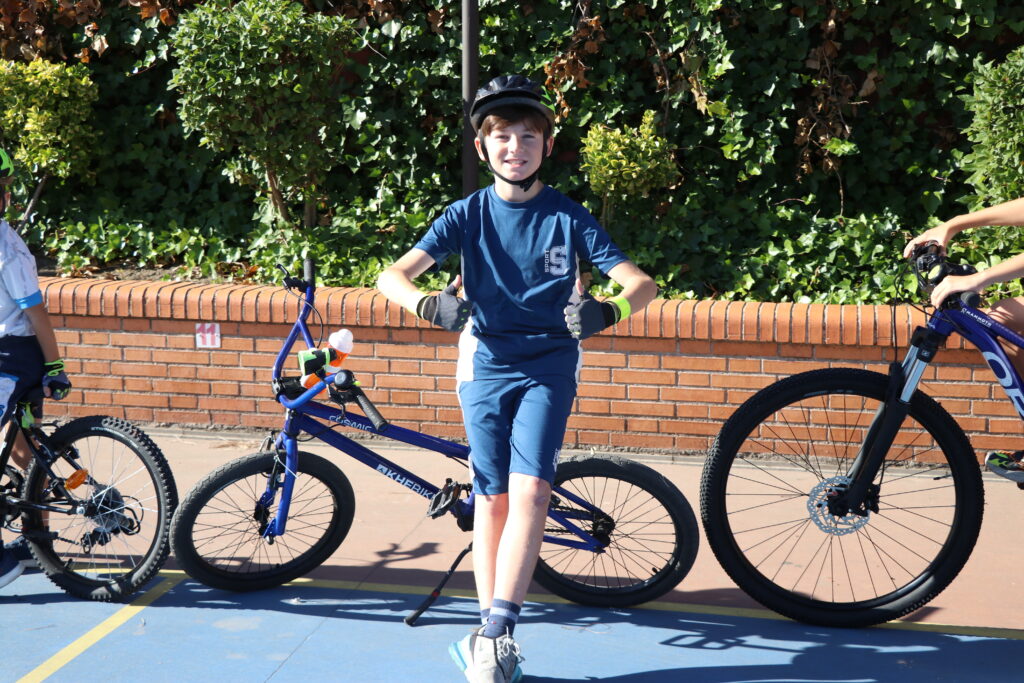
FACTORS INFLUENCING CHILDREN'S MOTOR DEVELOPMENT
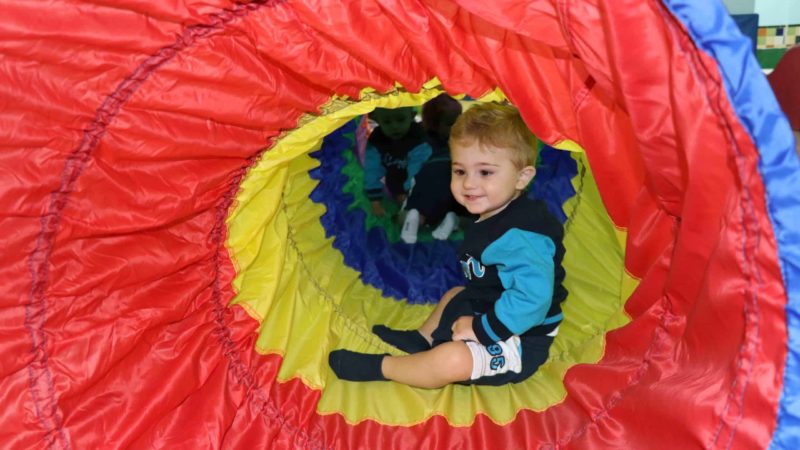
Motor development does not occur in isolation. It is influenced by multiple factors:
- Genetics: Some children are naturally predisposed to better coordination and balance.
- Nutrition: A diet rich in vitamins and minerals promotes muscle and bone development.
- Environment: Stimulation at home and at school is key to motor learning.
- Technology and sedentary lifestyles: Excessive use of screens limits movement and physical exploration.
- Early stimulation: Children who practice motor activities from an early age develop better cognitive and social skills.
HOW TO IMPROVE CHILDREN'S MOTOR DEVELOPMENT
To ensure adequate motor development, it is key to provide activities that work on both gross and fine motor skills. Below, we present strategies supported by scientific studies and applied in educational settings such as Casvi Villaviciosa International School.
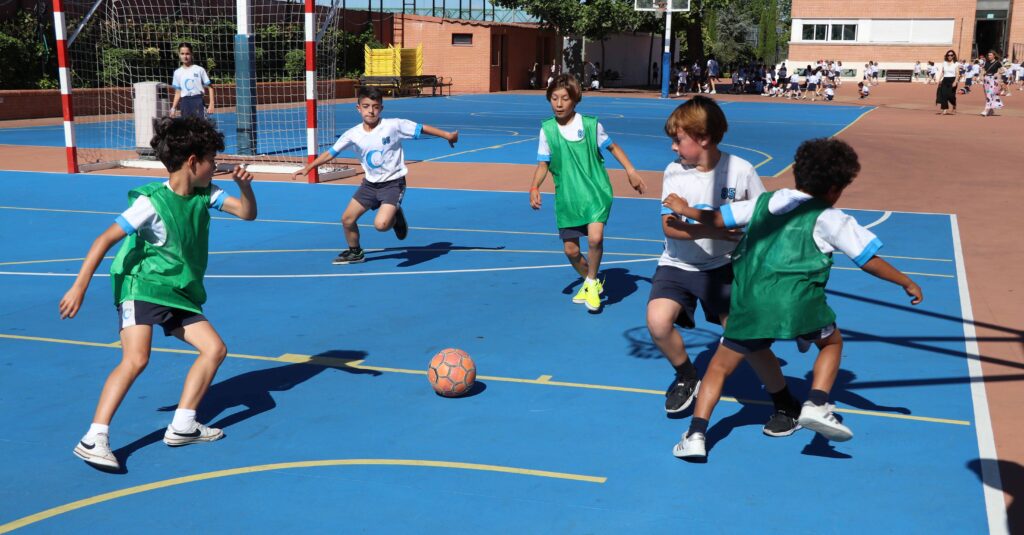
ACTIVITIES TO IMPROVE GROSS MOTOR SKILLS
- Outdoor games such as running, jumping rope or hopscotch strengthen coordination and endurance.
- Sports such as swimming and gymnastics help to improve strength, balance and spatial orientation.
- Obstacle courses to encourage motor planning and quick decision-making.
- Dance and body expression, which develop rhythmic coordination and confidence in movement.
A study by the Spanish Ministry of Education, Vocational Training and Sport (2022) indicates that children who practice sports from the age of three have up to 25% more advanced psychomotor development than those who lead a sedentary life.
“Body and mind shape and reflect each other; psychomotor skills are the bridge between both worlds”.
ANONYMOUS
ACTIVITIES TO IMPROVE FINE MOTOR SKILLS
- Drawing and painting, which promote precision in hand movements.
- Cutting out and gluing improve hand-eye coordination.
- Jigsaw puzzles and bead threading, which help develop manual dexterity.
- Playing musical instruments improves finger mobility and coordination between both hands.
A WHO report (2023) highlights that children who engage in fine motor activities from an early age are better at writing and handling tools such as scissors and cutlery.
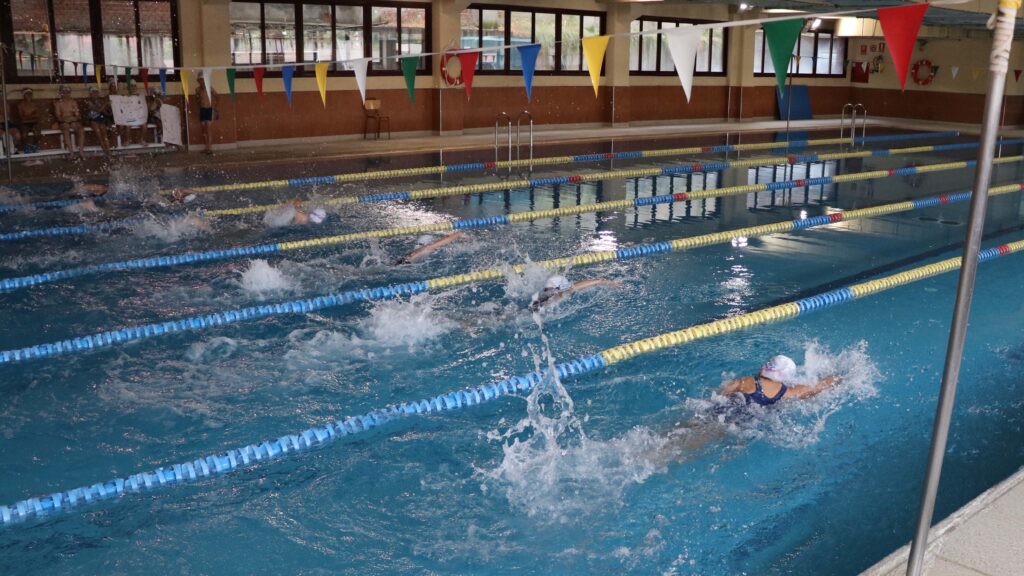
CASVI VILLAVICIOSA, AN IDEAL ENVIRONMENT FOR IMPROVING PSYCHOMOTOR DEVELOPMENT
At Casvi Villaviciosa International School, motor development is integrated into our educational approach, ensuring that each child receives appropriate stimulation from the earliest years.
- Active methodology: Learning based on movement and experimentation.
- Adapted facilities: Spaces designed to promote gross and fine motor skills.
- Expanded sports programme: Implemented at all stages to optimise motor development.

